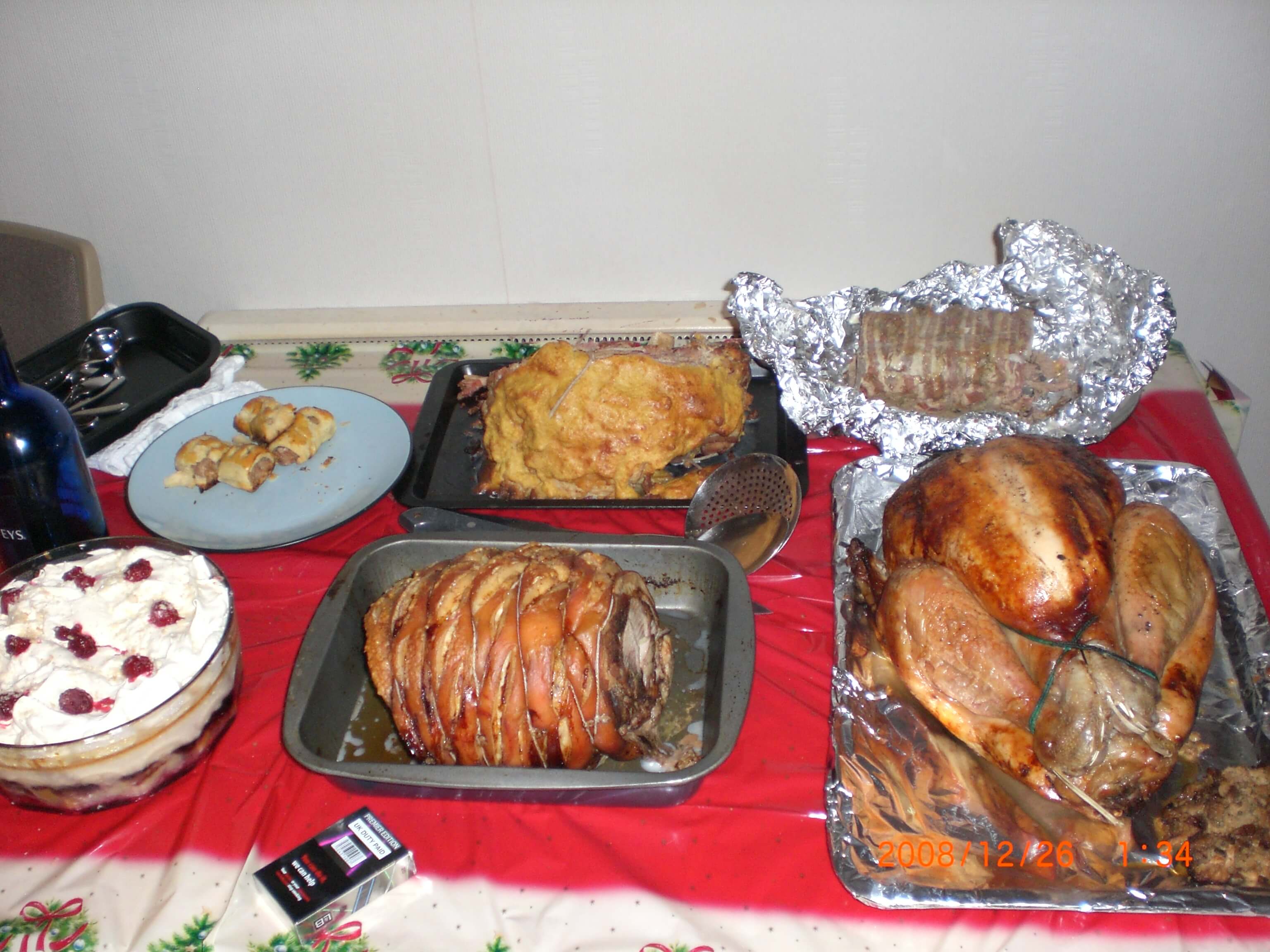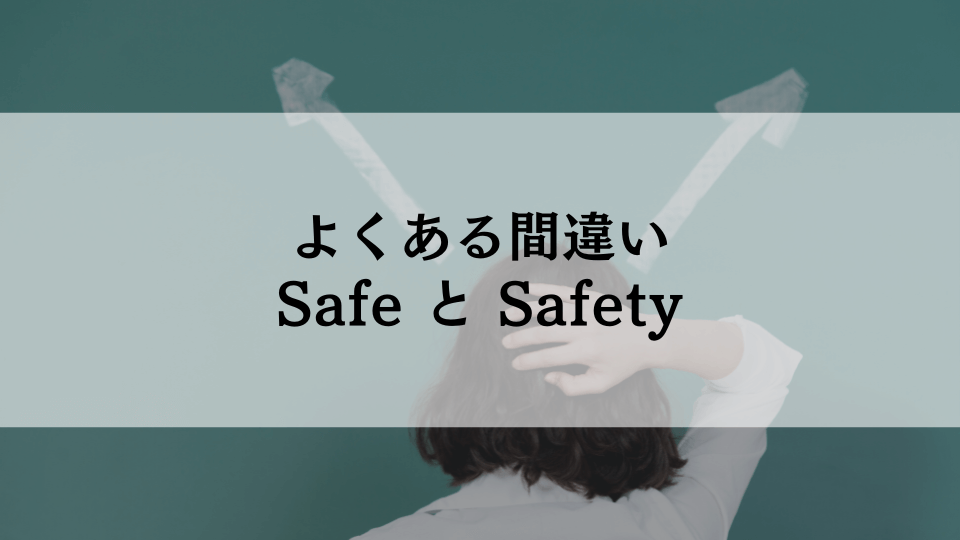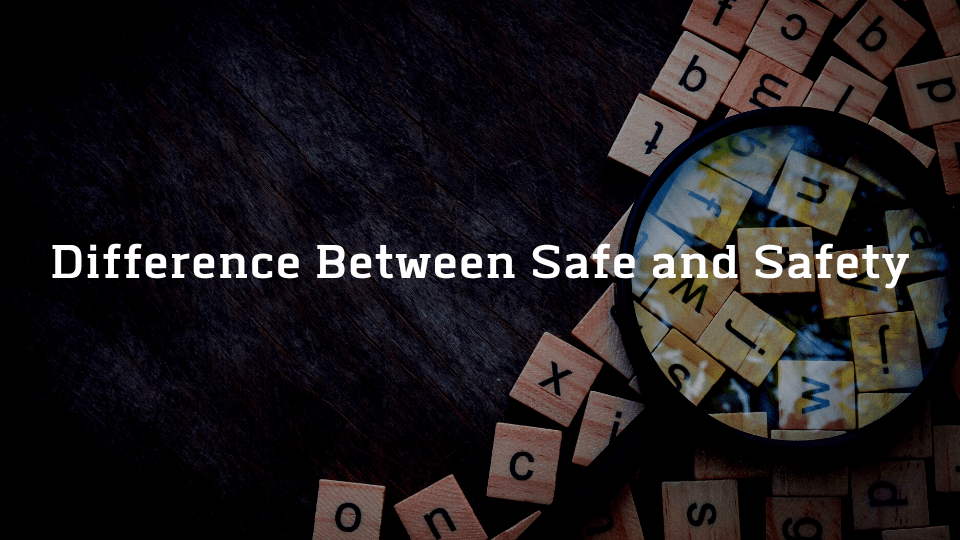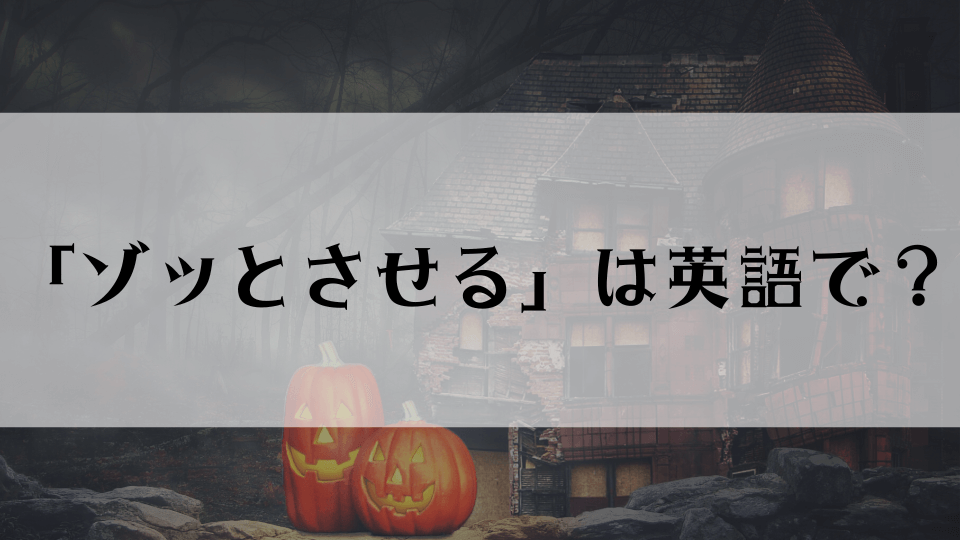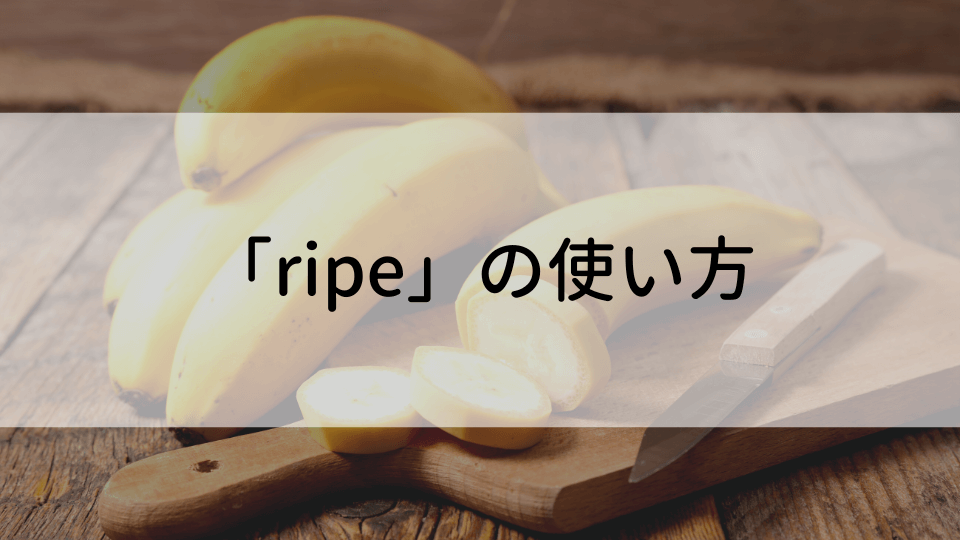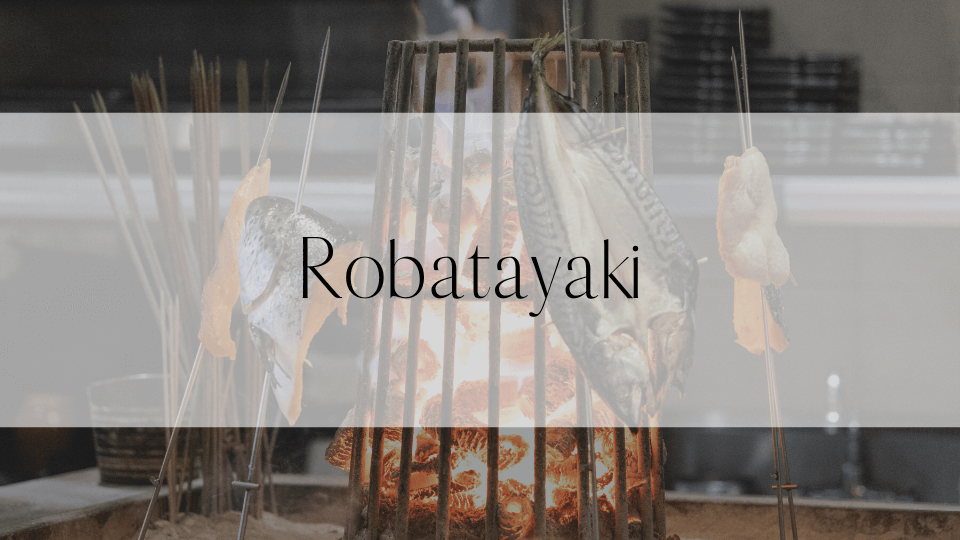
【講師ジェイミー】
みなさん、あけましておめでとうございます。
今年もよろしくお願いいたします。
忙しい一年を過ごしたケンジントン英会話は、ついに今年が終わりに近づいています。(このブログを書いている今は2023年12月。)
私たちのチームと生徒のみなさんのおかげで、特に過去数年のコロナ禍を経て、素晴らしい年となりました。
学校とシステムにいくつかの変更を加え、素晴らしい新しい講師とスタッフを雇い、全体的に素晴らしい年でした。
みなさんにとっても良い年であったことを願っています。
今日のブログでは、スコットランドでの新年の過ごし方、その時期に使えるフレーズ(そして使わないフレーズ)、スコットランドの文化について少しご紹介したいと思います。
スコットランドの大みそか (Hogmanay)と新年

故郷スコットランドの正月は、ここ日本とはかなり違っています。というのは、かなり活気があるからです。
スコットランドでは、大晦日のことを「Hogmanay (ホグマネイ)」と呼びます。
なぜそう呼ばれるのかははっきりしませんが、ギリシャ語、フランス語、ノルウェー語、ケルト語から来た可能性があり、はるかさかのぼって1443年から使われています。
いくつもの伝統があって、今もなおそれに従っている人もいます。
たとえば、年末の大掃除、真夜中に玄関を開けて新年の空気を入れる、友人や親戚の家にウイスキー、石炭、ショートブレッドを持っていくなどです。
ですが一番特別なのは、「first footing(ファースト・フッティング)」と呼ばれるものです。
「first footing」は12月31日の真夜中に始まり、通常3、4日間続きますが、それ以上続くこともあります。
伝統的には、家の敷居を初めてまたぐと、その年の幸運を呼び込むと言われており(背の高い、髪の色が暗い男性が最高の運をもたらすと言われています)、さきほど言ったウイスキー、石炭、ショートブレッドの中で一つ以上を持って行くことになっていますが、現在ではただお酒を持って行く人がほとんどです。
言うまでもなく、この時はどんちゃん騒ぎで大いに盛り上がり、目覚めると以前は知らなかった人々が自宅にいたり、お店が予定より長く休業していたり、年の始めから働かなくてはならない不運な人達が二日酔いでみんな参っている、ということも珍しくありません。
たとえ凍えるような寒さの中であっても、新年には外でパーティーをするのも人気です。
スコットランドの首都エディンバラのストリートパーティーには毎年約40万人が参加します。
ウイスキーをたくさん飲んだり、バグパイプが演奏されたりします。あえて言うなら、バグパイプは私の好きな楽器ではありませんが。
新年にはハギスを食べる人もいます。
これはあまり美味しそうにみえない料理で、羊の臓物を細かく刻んで羊の胃の内膜に詰めてオーブンで焼いたものです。私は大好きです!
新年の挨拶に使える英語フレーズ

いわゆる年賀状というものはなく、たいてい新年の挨拶を添えたクリスマスカードを送ります。
英語での新年の挨拶に「congratulations」は使わないのでご注意ください。シンプルに「Happy new year」と言います。
「Happy new year」を何度も言ったり聞いたりするのに飽きたら、これらのフレーズもオススメです。
下記の二つは通常、グラスを手にしてトーストとして言われます。
Here’s to the new year
(新年に乾杯)
Cheers to the new year
(新年に乾杯)
これらのフレーズも役立ちます。
Out with the old and in with the new.
(古いものは捨てて、新しいものを迎え入れましょう。)
Here’s to another year of [fun/ laughter/ success/ drinking]
(さあ、もう一年の [楽しみ/笑い/成功/お酒] に乾杯)
私の日本でのお正月
私が初めてここ日本で新年を迎えた時、私の妻の家族を驚かせた私のふるさとの伝統がもう一つあります。
その夜、除夜の鐘が鳴った後に「Auld Lang Syne (オールド・ラング・サイン)」を口ずさんだ時、義父は私が日本の歌「蛍の光」を知っていることに驚きました。
残念ながら、これは日本の歌ではなく、有名なスコットランドの詩人ロバート・バーンズによって書かれたもので、通常新年の鐘が鳴り始めた後や葬儀で歌われます。
ほとんどのスコットランド人は、この曲をこれらの機会と結びつけているので、大丸が一日の終わりに閉店する合図や、最後の地下鉄が出るときにこれが流れると思うと、私は少し笑ってしまいます。
まとめ
2023年がみなさんにとって素晴らしい年であったことを願います。
ケンジントン英会話を代表して、私たちと一緒に学んでくれて本当にありがとうございます。
生徒としてみなさんをお迎えできたたことを幸運に思います。昨年みなさんに英語を教えることが本当に楽しかったです。
今年もがんばってくださいね。
2024年がよい年でありますように。
ジェイミー
実践的な英語ならケンジントン英会話
ケンジントン英会話では、教科書には載っていない、生きた表現を身に付けられます。
福岡市内の教室やオンラインで、経験豊富でフレンドリーな講師と一緒に英語を学びませんか?
実践的な英語を学びたい方はケンジントン英会話の公式サイトをチェック!
[英語原文]
Happy new year!
Hello everyone. We have finally come to the end of another busy year in Kensington. Thanks to our team and all of our students this has been a great year for us especially after the doldrums of the past few years of Covid 19. We have made some changes to the school and system, hired some great new teachers and staff, and generally had a wonderful year. I hope the same can be said for all of you. In my blog today, I’m going to tell you a bit about how we spend the new year in Scotland, what kind of phrases we use at that time of year (and which we don’t) and introduce you to a bit of Scottish culture.
New Year in Scotland (Hogmanay)
New year at home in Scotland is quite different from what it is here in Japan, for one thing it’s a lot livelier.
In Scotland new years’ eve is known as Hogmanay, nobody is quite sure why, but the word possibly comes from the Greek, French, Norse, or Celtic languages and it has been used from as far back as 1443.
There are a number of traditions that some people still follow such as the end of year cleaning, opening the front door at midnight to let in the new year air, bringing whisky, coal, or shortbread to a friend or relative’s house etc, but the big one is called first footing.
First footing starts after midnight on the 31st and usually continues for 3 or 4 days but can sometimes continue longer than that. Traditionally, the first foot to cross your door is supposed to bring you your luck for the year(tall dark men are supposed to bring the best luck) and we are meant to bring one or more of the things above, but nowadays most people just bring booze.
Needless to say, this is a time of much hard partying and it’s not unusual to wake up to find people in your house you have never met before, shops to be closed longer than planned and hangovers to be defeated collectively for those unlucky ones who have to work at the beginning of the year.
Even though it’s freezing ,outdoor parties are also popular at new year, the street party in Edinburgh, which is Scotland’s capital, has about 400,000 people in attendance every year.
Whisky is consumed in large amounts and bagpipes are played, not my favourite instrument I have to say. Some people will eat haggis at new year, a rather unappetising dish made from minced sheep organs stuffed into a sheep’s stomach lining and roasted in the oven. I love it!
New Year’s Greetings
We don’t have 年賀状 as such, people send Christmas cards which usually contain a message for the new year. Please remember that we don’t use congratulations as a new year greeting in English, it’s simply.. Happy new year.
If you get a bit tired of saying or hearing the same thing over and over again then here are some options.
These two are usually said with a glass in hand and meant as a toast.
“Here’s to the new year”
“Cheers to the new year!
Out with the old and in with the new.
You can also say “All the best for the new year” or “Here’s to another year of (add whatever you like here) Example “Here’s to another year of fun/ laughter/ success/ drinking”.
There is one more tradition that we have at home that surprised my wife’s family the first new year I was here. I started humming the tune to Auld Lang Syne after the bells rang that night and my father in law was surprised that I knew the Japanese song 蛍の光.
Sorry, unfortunately this is not a Japanese song it was written by a famous Scottish poet called Robert Burns, and is usually sung at new year after the bells start ringing, or funerals. Most Scots acquaint this song with those occasions so it always makes me laugh a little to think that it signifies the closing of Daimaru at the end of the day or the last subway train.
I hope 2023 was a great year for you and I know I speak for all of us when I say, thank you so much for joining us, we feel lucky to have you as students, and it was a real pleasure teaching you last year. Keep up the good work this year.
All the best for 2024
2024年がよい年でありますように。
Jaimie
~*~*~*~ \ Follow me / ~*~*~*~
Instagram : @kensington_eikaiwa
Facebook : @kensingtoneikaiwa
YouTube : KENSINGTON英会話
~*~*~*~*~*~*~*~*~*~*~*~*~*
◆お問い合わせはこちら
ケンジントン英会話:お問い合わせフォーム










































